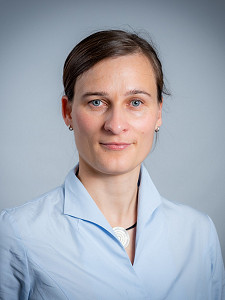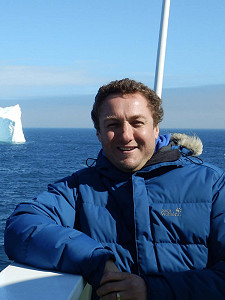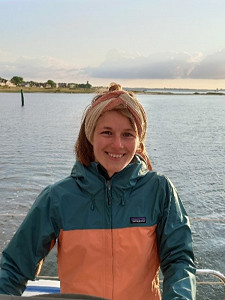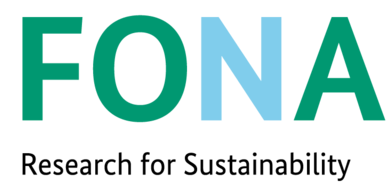WP4: Regional and global economic consequences of regime shifts in fish production

PIs: Prof. Dr. Marie-Catherine Riekhof (CeOS, University Kiel) & Dr. Renato Salvatteci (CeOS, University Kiel)
Welcome to phase 2 of WP4–exploring economic consequences in the Humboldt Upwelling System (HUS).
In this phase, we're delving into the regional and global economic impacts of shifts in fish production regimes. Our goal is to enhance the bio-economic model developed in the first phase by incorporating ecosystem modeling results from other WPs, such as WP6. These updates will help us analyze the impact of global changes on fisheries under the different HUS-SSPs scenarios.
Our bio-economic model will now consider different fish community scenarios drawn from published geological records. Using these scenarios, we aim to derive insights into fish demand and pricing. The focus is on comparing scenarios and management objectives, evaluating their impact on regional food security and economic performance through the lens of fishery profits.
We'll explore alternative management options, including those emphasizing economic performance, balanced ecological-economic objectives, or a reduction of year-to-year volatility, comparing them to current management strategies. Furthermore, we will incorporate targets proposed by fishery stakeholders.
To enhance the modeling skills of early career scientists, we will organize a bio-economic modeling workshop at IMARPE in the first year.
A significant aspect of our work in phase 2 involves studying the interaction between juvenile and adult anchovy populations. We will model the potential overlap of their distribution in space and time based on HUS-SSPs scenarios, developed by our colleagues at IMARPE and in collaboration with WP2 and WP6. Additionally, we'll assess, from a bio-economic perspective, the impact of different management efficiency scenarios by modeling how much of the external effects of fishery will be considered by a manager. We will also consider how the quality of information on current stock composition influences our results.
Stay tuned for updates on our progress and results gained in phase 2!

Prof. Dr. Marie Catherine Riekhof
Senior scientist
Work package 4
Center for Ocean and Society
Kiel University
Fraunhoferstr. 16
24118 Kiel
Germany
mcriekhof@ae.uni-kiel.de
Tel. +49 431 880-6596
Working field within Humboldt Tipping:
- Regional and global economic consequences of regime shifts in fish

Dr. Renato Salvatteci
Project Coordinator
Work package 1 & WP 4
Center for Ocean and Society
Kiel University
Fraunhoferstr. 16
24118 Kiel
Germany
renato.salvatteci@ifg.uni-kiel.de
Tel. +49 431 880 6598
Working field within Humboldt Tipping:
- Regional and global economic consequences of regime shifts in fish

Hanna Thordsen
PhD Student
Work package 4
Center for Ocean and Society
Kiel University
Fraunhoferstr. 16
24118 Kiel
Germany
Working field within Humboldt Tipping:
- Regional and global economic consequences of regime shifts in fish


